The last week of September 2019 was a World Green Building Week. It is an annual campaign that motivates and empowers us all to deliver greener buildings. This year’s campaign aims to raise greater awareness of the carbon emissions from all stages of a building’s lifecycle, and therefore encourage new practices and new ways of thinking to work towards reducing carbon emissions from buildings. More details about World Green Building Week please find here https://worldgbc.org/worldgreenbuildingweek
Climate goals
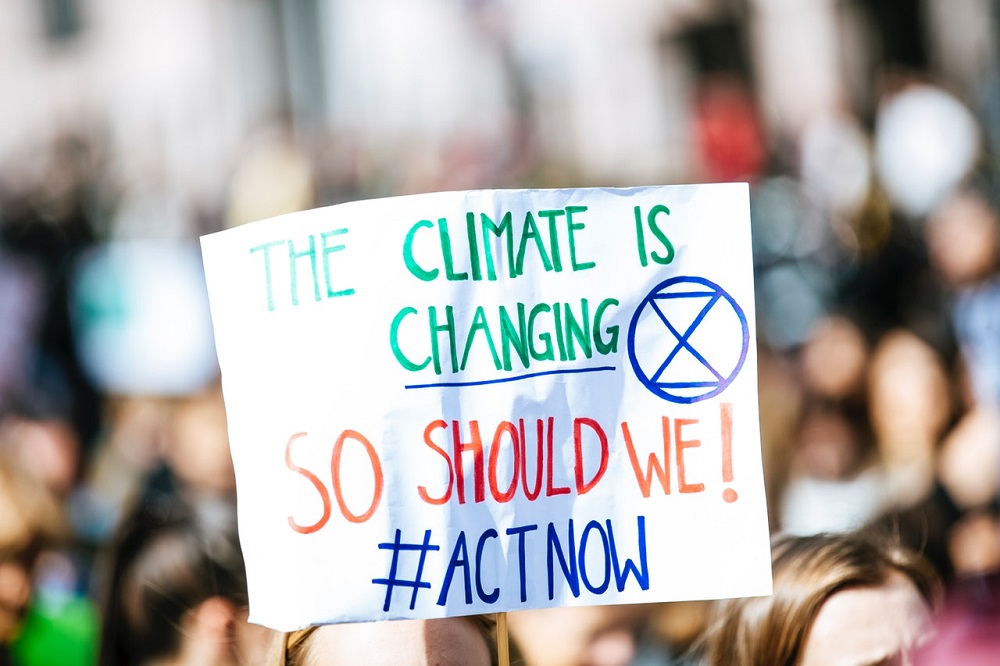
We are now in a climate emergency. The landmark 2018 special report from the UN Intergovernmental Panel on Climate Change (IPCC 2018 report), Global Warming of 1.5ºC, presented a stark picture of the dramatically different world we will inhabit if global average temperatures rise by 2ºC compared to a 1.5ºC scenario.
The catastrophic breakdown of climate associated with the difference between these two scenarios is likely to result in entire eco-systems being destroyed. And the negative economic impact globally of additional heating and cooling demand is expected to increase fourfold by the end of the century. The consequences will be long lasting and, in some cases, irreversible. This emergency calls for urgent action now to radically transform current unsustainable models of consumption.
Carbon emissions in cities
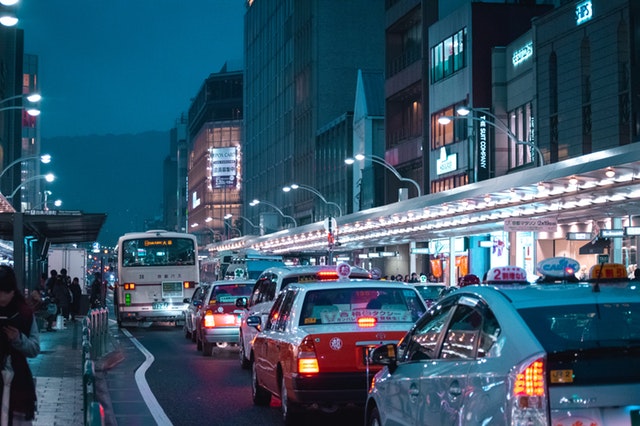
By 2050, 70% of the world’s population will live in cities. To keep emissions in check and to meet climate goals, first and foremost, cities must build better buildings, or better yet, retrofit existing buildings so they use far less energy.
WorldGBC CEO Cristina Gamboa says: “Construction firms have to think not only about designing and selling buildings, but about their whole life cycle. First and foremost, we need the highest energy efficiency possible. Companies need to be ready when regulations catch up to speed with what’s needed, otherwise they’ll waste resources racing to adapt.”
WorldGBC vision
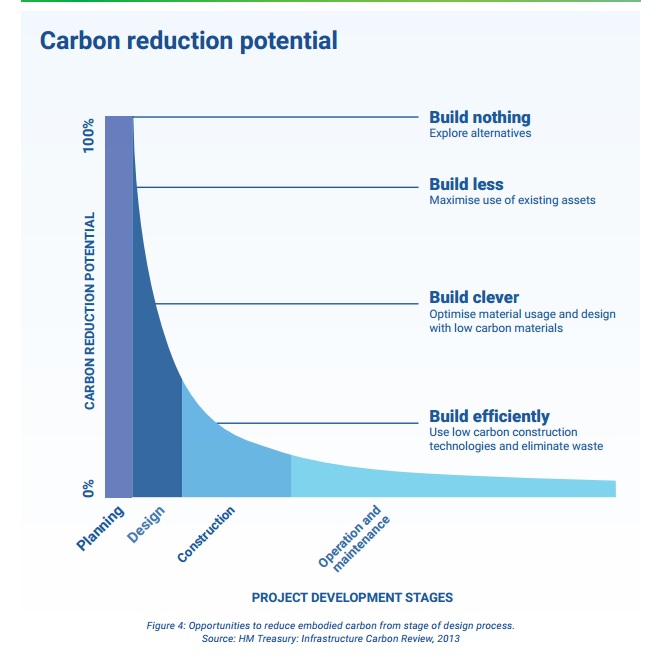
By 2030, all new buildings, infrastructure and renovations will have at least 40% less embodied carbon with significant upfront carbon reduction, and all new buildings must be net zero operational carbon.
By 2050, new buildings, infrastructure and renovations will have net zero embodied carbon, and all buildings, including existing buildings, must be net zero operational carbon. More details can be found in the WorldGBC Report https://www.worldgbc.org/embodied-carbon
Energy independent devices for homes and offices
What are three most important things for people wherever they are?
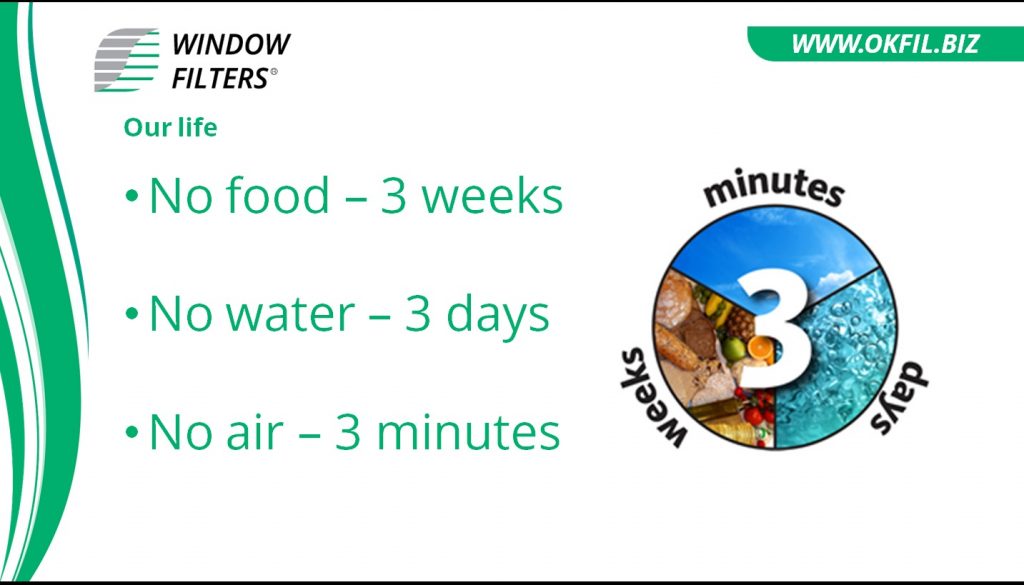
People and producers always think of making clean water and healthy food, and all of us think of breathing good air. Most likely this will never change. In 10, 20 and even in 100 years people will need air, water and food for their well being.
Most home devices for making food, filtering and boiling water, for ventilation and for air cooling, heating and cleaning consume electricity. But there are some which do not!
OKFIL Window Filters
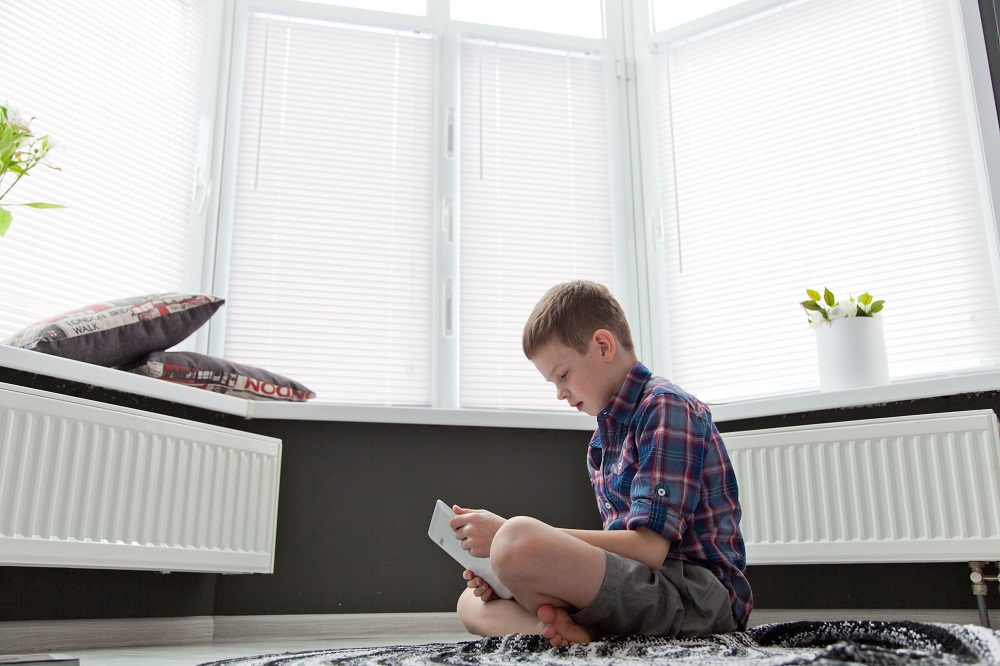
OKFIL Company presents an ECO-smart device for positive ventilation. OKFIL Window Filters do not consume electricity at all. They purify the street air and improves Indoor Air Quality. They help to save energy at heating and cooling homes because allow keeping windows closed all the time.
More information about OKFIL can be found at https://okfil.biz/en/ Welcome to join us!
This article is published with using materials from © World Green Building Council 2016-2019 https://www.worldgbc.org
